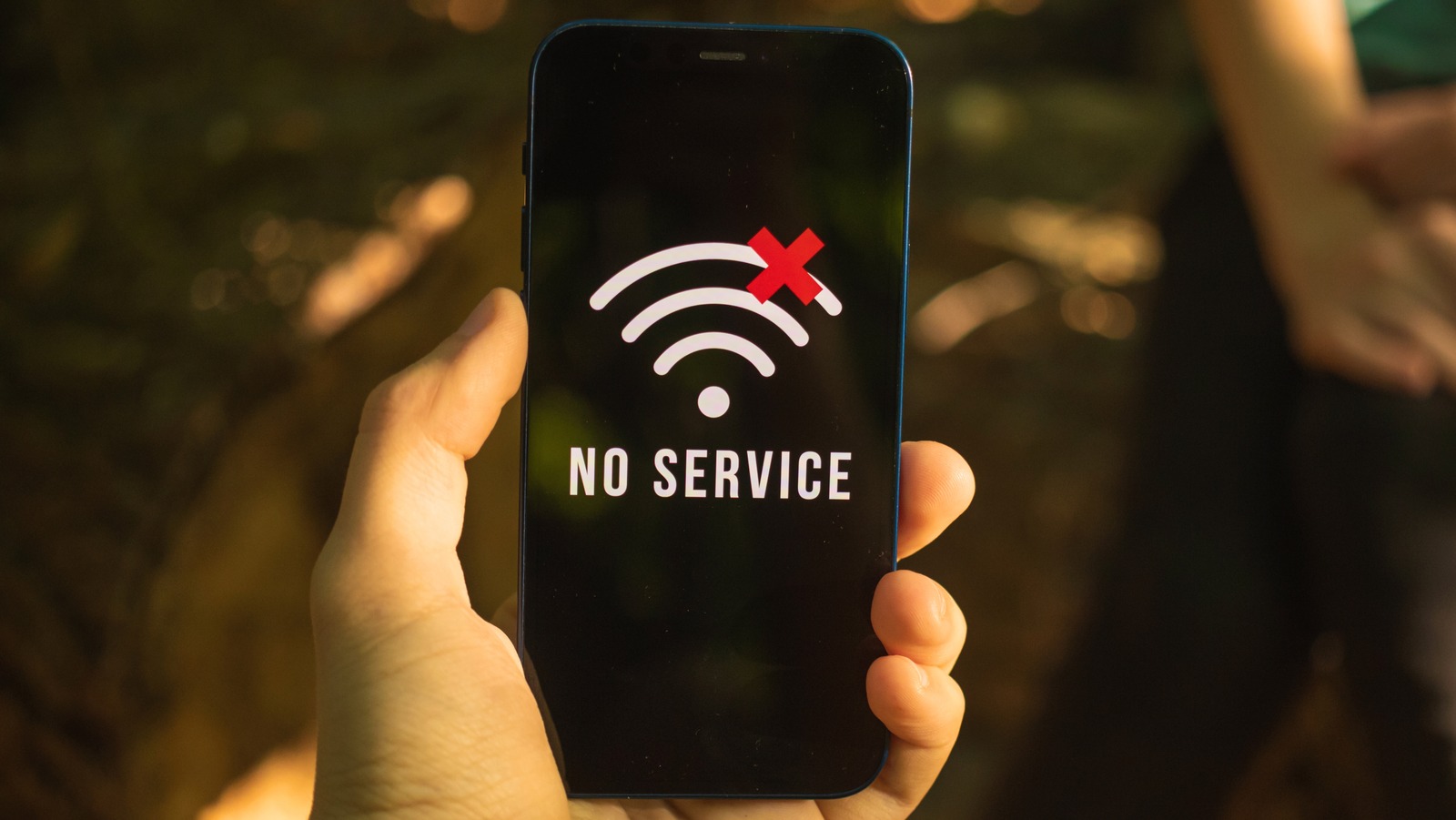3G to be turned off in Ukraine: date announced
14 August 09:42
The Ukrainian government has set a deadline of December 31, 2030, for the termination of the third-generation (3G) network. The relevant decision is enshrined in a resolution of the Cabinet of Ministers, the text of which is available to the Ekonomichna Pravda, "Komersant Ukrainian" reports.
From 3G to 5G
According to the document’s rationale, the radio frequencies that currently ensure the functioning of IMT-2000 (3G) technology are planned to be redistributed to implement the latest standards, primarily IMT-2020 (5G). This step will allow for higher data transmission speeds, more efficient use of the frequency range, and lower traffic processing costs.
The Ministry of Digital Transformation emphasizes that setting a clear date for the end of 3G will enable mobile operators to take a more thoughtful approach to infrastructure upgrades, prevent technological obsolescence and encourage customers to use modern communication technologies.
The gradual shutdown of 3G and the transition to 4G (and in some places 5G) began at the beginning of this year in some cities and regions of Ukraine.
At that time, the National Commission for the Regulation of Electronic Communications, Radio Frequency Spectrum and Postal Services (NCCS) emphasized that the process would be carried out in stages and that all users would be warned in advance.
Owners of conventional mobile phones operating on 2G networks should not worry: they will be able to make calls and send text messages. In locations where 3G is currently available exclusively, it will be replaced with a more modern technology, and the network will continue to be supported until 4G is available.
Owners of SIM cards that are not compatible with 4G can get new ones free of charge at their provider’s service centers, while keeping their phone number.
Читайте нас у Telegram: головні новини коротко
5G and its opponents
The fifth generation of mobile communications (5G) promises revolutionary changes in data transfer speeds – up to 20 gigabits per second, which is hundreds of times faster than 3G. The technology also ensures minimal signal delay, which is critical for the development of autonomous vehicles, telemedicine, augmented reality, and the industrial Internet of Things. 5G will make it possible to control sophisticated equipment from a distance, perform surgeries over the Internet, and create smart cities.
However, not all people accept new technologies unconditionally. The introduction of 5G is accompanied by public protests in different countries. Opponents of the technology express concern about possible health effects due to increased electromagnetic radiation, although the World Health Organization has not confirmed such risks.
Some activists also fear increased government and corporate control due to expanded tracking and data collection capabilities. Some groups are spreading conspiratorial theories about the connection between 5G and various diseases, which has led to acts of vandalism against telecommunications infrastructure in some countries.
Читайте нас у Telegram: головні новини коротко









